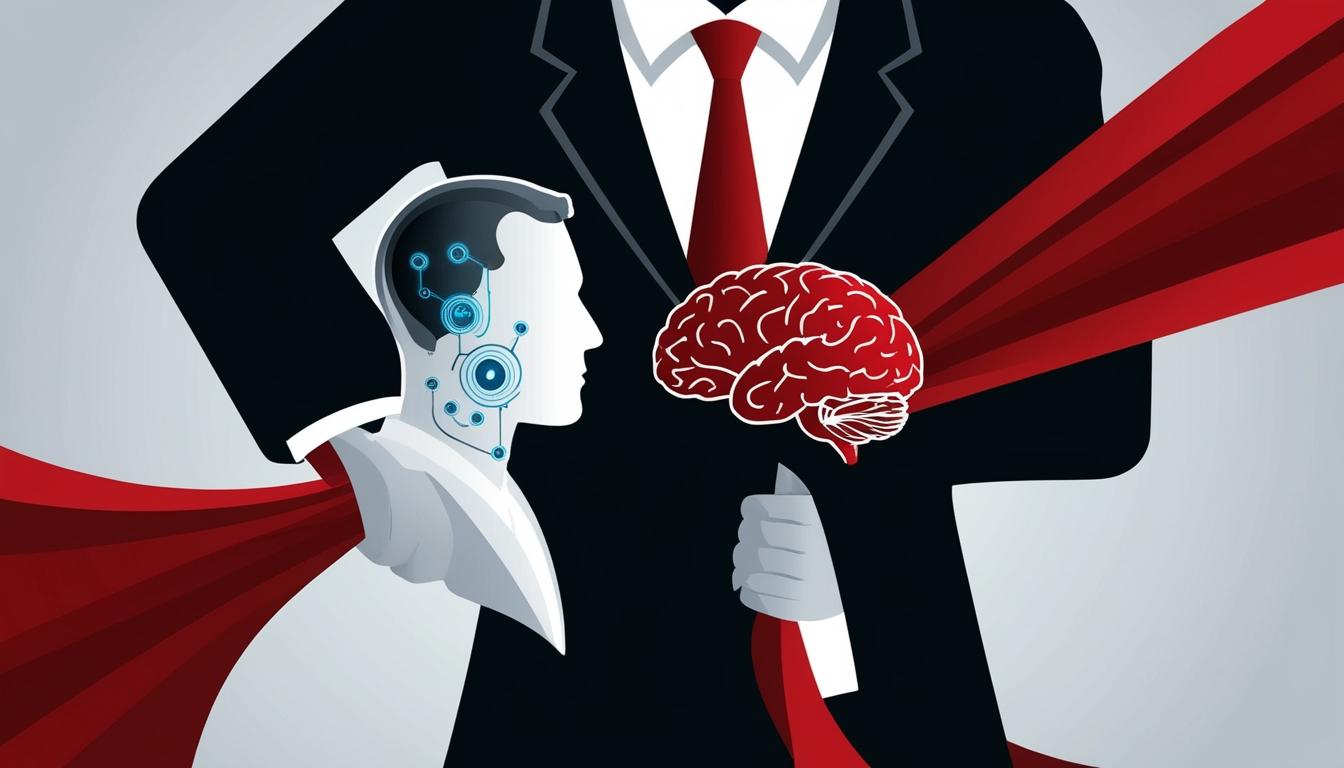In a notable illustration of the potential impacts of artificial intelligence on the workforce, Klarna CEO Sebastian Siemiatkowski recently revealed that his company has not made any new hires in the past year, attributing this to an increased reliance on AI technologies. Since Klarna, known for its "buy now, pay later" services, has intensified its focus on AI, it has experienced a reduction in its workforce, which has decreased by approximately 22 percent. Despite this downsizing, Klarna's valuation has soared to over $14 billion, a financial success that Siemiatkowski equates with the current AI hype.
Highlighting the capabilities of AI, Klarna has integrated OpenAI’s ChatGPT into its services, boasting that its AI assistant can accomplish the tasks of "700 full-time agents," as detailed in a press release earlier this year. This claim poses significant concerns regarding job security for all levels of staff within the company, including executives like Siemiatkowski himself.
In a candid reflection on the implications of AI in the corporate sphere, he tweeted that "AI is capable of doing all our jobs, my own included." Siemiatkowski elucidated that the essence of work lies in reasoning combined with knowledge and experience, asserting, "the most critical breakthrough, reasoning, is behind us." However, he expressed trepidation about the potential loss of his role, noting, "realizing it might become unnecessary is gloomy." He emphasised the importance of acknowledging the reality of AI's capabilities rather than ignoring them, stating, "I would rather learn and explore than pretend it does not exist."
The discourse around the potential replacement of CEOs by AI is not entirely novel. Researchers have posited that approximately 80 percent of a CEO's responsibilities could be automated, as articulated by Anant Agarwal, a former director at MIT's Computer Science and AI Lab. The financial ramifications of such a shift are considerable, with average CEO compensation estimated at about $16 million, leading to discussions about the potential benefits of replacing high-salaried executives with automated systems.
In a December interview, Siemiatkowski noted that around 200 Klarna employees are currently utilising AI in their core functions, a shift he supports by promising to share the financial advantages gained from enhanced efficiency with employees through salary increases. His comments indicate a proactive stance towards AI integration, aligning with broader trends in business automation.
Despite these developments, industry experts caution that the wholesale replacement of CEOs remains a speculative notion. Akash Nigam, CEO of AI avatar company Genies, articulated that the leadership role demands strategic thinking and emotional intelligence—qualities that AI has yet to fully replicate. Siemiatkowski himself acknowledged the limitations of AI, admitting, "how exactly we will combine those building blocks of reason and knowledge to replicate the work we do today is not yet entirely solved," and added uncertainty about the timeline for overcoming these challenges.
As AI continues to evolve, the implications for business practices and employment structures are significant and multifaceted, prompting ongoing discourse regarding the future of work in the age of automation.
Source: Noah Wire Services
